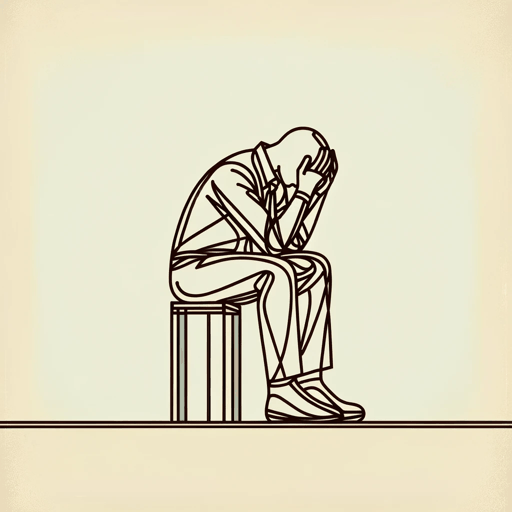24 pages • 48 minutes read
Walt WhitmanAs I Walk These Broad Majestic Days
Fiction | Poem | Adult | Published in 1855A modern alternative to SparkNotes and CliffsNotes, SuperSummary offers high-quality Study Guides with detailed chapter summaries and analysis of major themes, characters, and more.
Background
Literary Context
Seasoned poetry readers in late-19th-century America would have been accustomed to the tidy rhythms and tight rhymes of a generation of American poets—despite nearly a century since the country’s independence—intent on importing the conventional sing-song metrics of British poetry. For these readers, lines that include “I see the ships (they will last a few years) / The vast factories with their foremen and workmen, / And hear the indorsement of all, and do not object” (Lines 10-12) would not read as poetry. There is no carefully crafted sonic structuring, no rhythm, no rhyme. The grammatical construct itself is careless and haphazard. It draws on no inherited sense of prosody or metrics.
Frankly, Whitman’s literary context raises more questions than it answers. The abiding mystery of American literature is determining from where Walt Whitman the poet came. Generations of Americanists have sifted through Whitman’s biography for some episode, some influence, some epiphany that might account for how the itinerate, disenfranchised son of a career failure prone to violence and drink, and a doting, barely literate mother, scratched out a living as a journalist despite having only a sixth-grade education, and went, in his late thirties (at a time when life expectancy was barely 40 years), from writing doggerel wisdom verses and didactic parables intended largely as newspaper filler to writing the stunning opening 13 lines of “







Related Titles
By Walt Whitman

A Glimpse
Walt Whitman

America
Walt Whitman

A Noiseless Patient Spider
Walt Whitman

Are you the new person drawn toward me?
Walt Whitman

Crossing Brooklyn Ferry
Walt Whitman

For You O Democracy
Walt Whitman

Hours Continuing Long
Walt Whitman

I Hear America Singing
Walt Whitman

I Sing the Body Electric
Walt Whitman

I Sit and Look Out
Walt Whitman

Leaves of Grass
Walt Whitman

O Captain! My Captain!
Walt Whitman

Song of Myself
Walt Whitman

Vigil Strange I Kept on the Field One Night
Walt Whitman

When I Heard the Learn'd Astronomer
Walt Whitman

When Lilacs Last in the Dooryard Bloom'd
Walt Whitman
